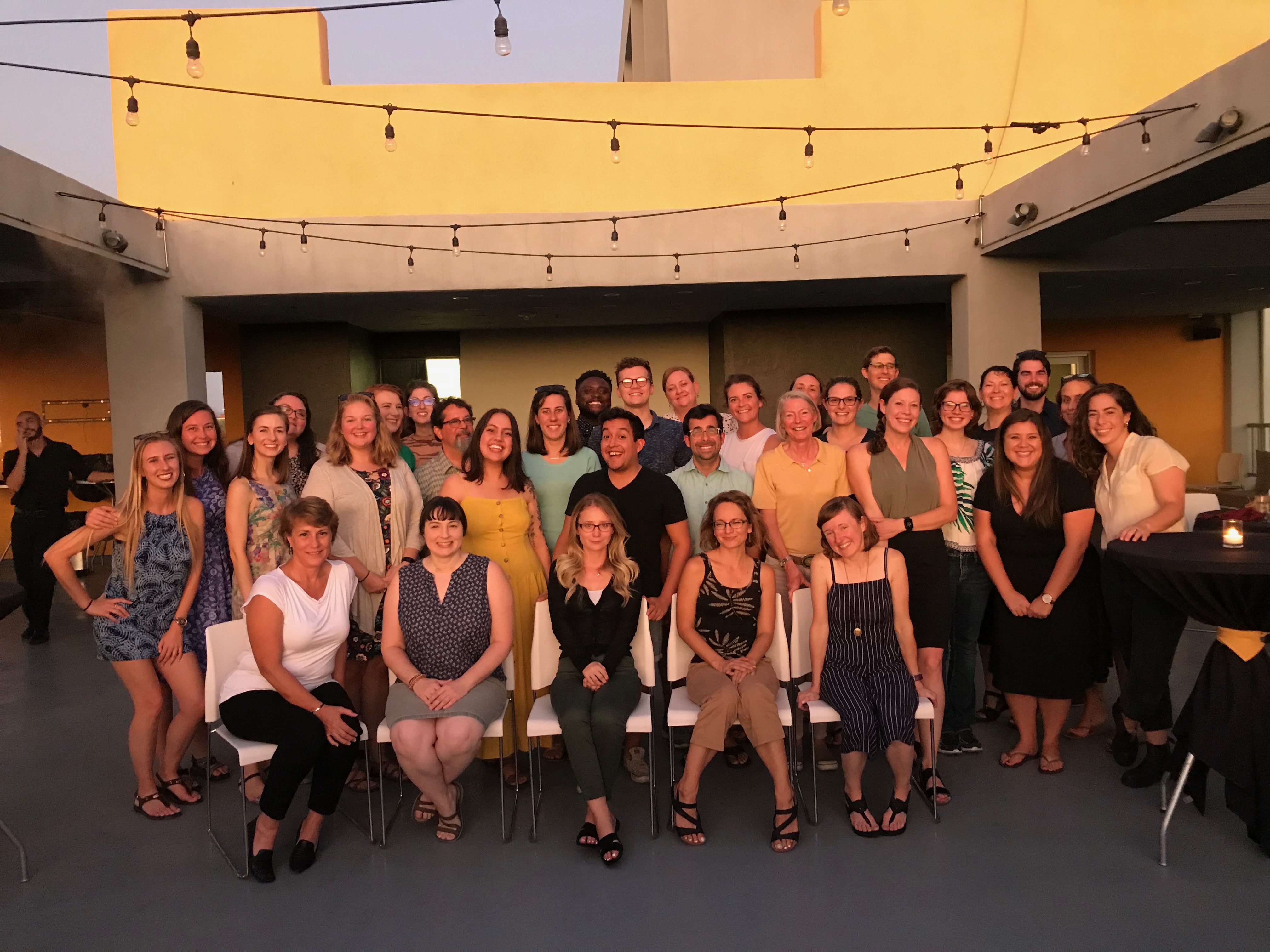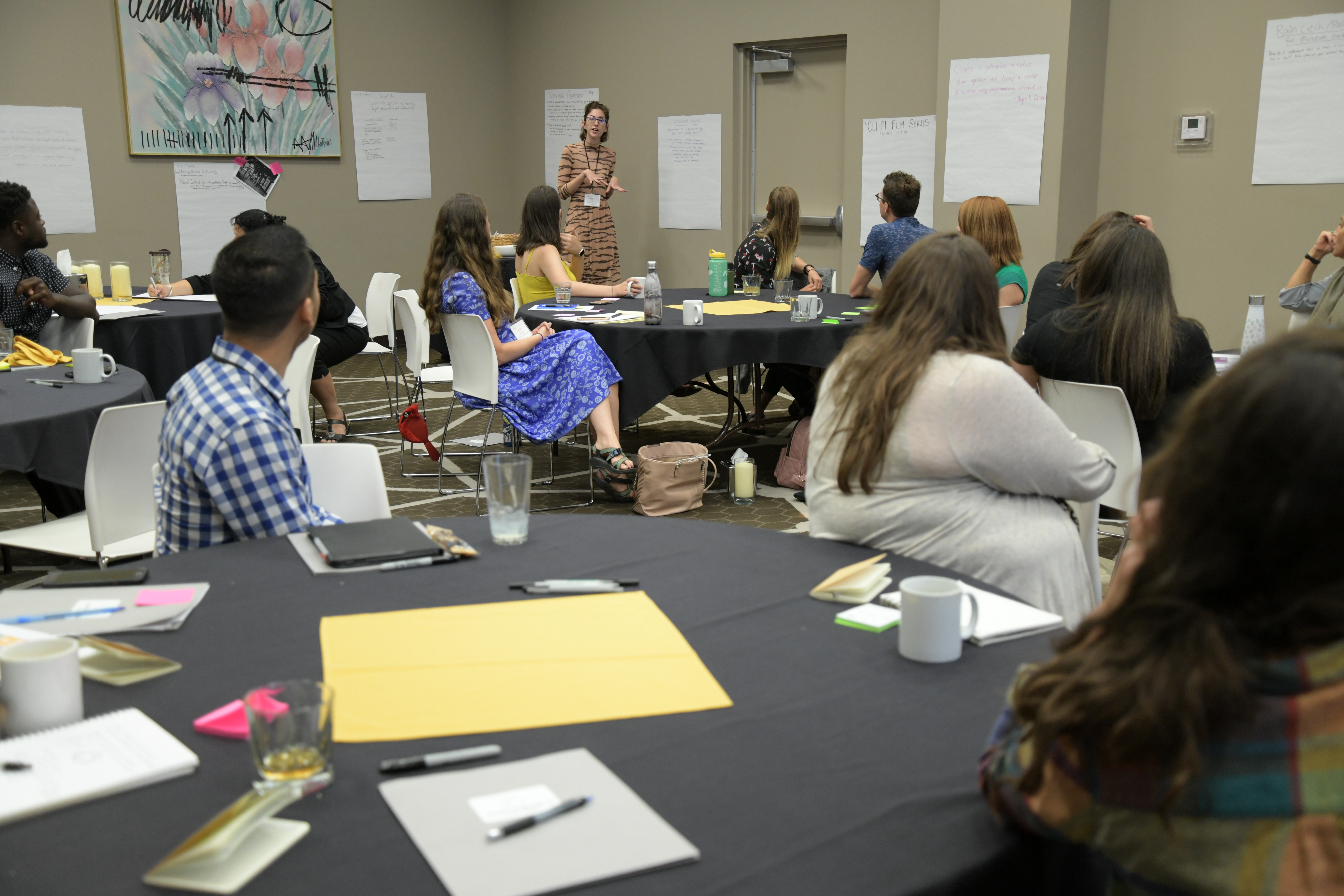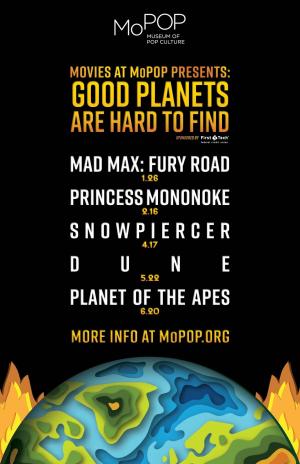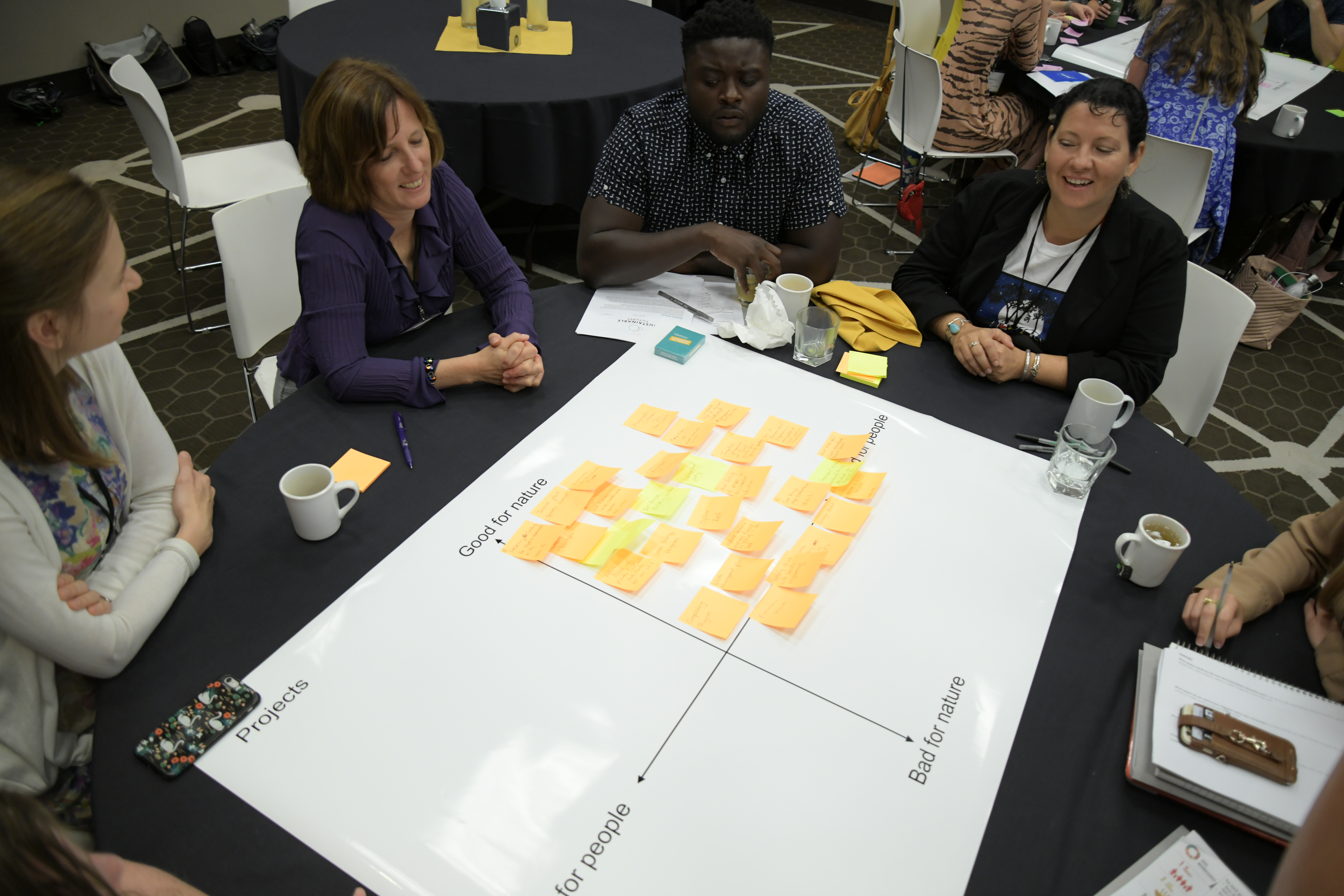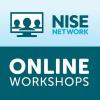Sustainability in Science and Technology Museums Fellowship 2019-2020
Dozens of NISE Network partners started off the new year in sustainable fashion. Thirty museum professionals finished their participation in the Rob and Melani Walton Sustainability in Science and Technology Museums Fellowship program. Fellows attended a two-day workshop hosted by the NISE Network and Arizona State University in September to learn about sustainability and plan their own sustainability efforts. This was the first of three cohorts in the program designed to help professionals from museums, zoos and aquariums, science centers, and other organizations integrate sustainability into their programs and operations.
Projects from the first cohort span the gamut of museum activities, including behind the scenes efforts to reduce waste, new educational programs about sustainability, and using sustainability to inform long-term strategic planning.
Here are highlights and photos from several fellows.
Establishing waste reduction programs
Karen Dewhirst created a sustainability fellow position in the Creative Discovery Museum in Chattanooga, TN, a fellowship that turned into a full-time position for Ashley Bosecker. Karen and Ashley implemented a composting and waste program for the Museum’s Monster Bash event, diverting over 100 pounds of waste from the landfill. The program raised the profile of sustainability across the museum, resulting in enthusiasm for sustainable change across museum staff.
Creating new sustainability educational programming
Colie Haahr at the Children’s Museum of New Hampshire in Dover, NH created a backpack checkout program to help community members learn about their local ecosystem through nearby community trails. Colie also revised some of her museum’s educational programs to include sustainability-themed topics, and is working to partner with local food organizations to help connect young families to healthy foods at the museum.
Organizing sustainability-themed public film series
Kasi Gaarenstroom of the Museum of Pop Culture in Seattle, WA created a sustainability-themed film series called, “Good Planets are Hard to Find”. Kasi partnered with local environmental organizations for each film and created a unique call to action to empower visitors to make positive change in their community.
Photo right: A poster for the Good Planets are Hard to Find film series at the Museum of Pop Culture.
Fostering community outreach through sustainability camp
Ellen Wiemers at the Beaumont Children’s Museum in Beaumont, TX organized a community event with other museums and libraries and created a sustainability fall camp. The event, “Museums Without Walls,” highlighted the programs and offerings of local museums for community members who otherwise might not otherwise visit for financial reasons.
Building space gardens to highlight food systems
Kathryn Sinor, a fellow at Evergreen Aviation & Space Museum in McMinnville, OR, is creating a space garden to help visitors learn about the food systems on earth—and in space—by growing food in hydroponics systems and replicant lunar and Martian soil. Through the project, Kathryn has built connections with local organizations, universities, and researchers to create programming and build additional exhibits.
Programming around sustainable practices
Mallory Cotter at the Mounts Botanical Garden in Palm Beach, FL is leading an effort to educate garden visitors on sustainable landscaping practices—in short, taking the Garden’s practical knowledge about reducing water and fertilizer use and making it more accessible to the community. Similar to other fellows, Mallory is also pursuing operations changes to make the Garden itself more sustainable through retrofitting a water fountain with a water bottle filling station.
Earth Day 2020 event planning
Deanna Moore of the Virginia Living Museum in Newport News, VA encountered troubles with her original fellowship project but took the setback as an opportunity to build a week-long Earth Day Birthday event for Earth Day 2020. The event will include a coastal cleanup day, a farmers’ market day, speakers, and other sustainability activities and projects. One activity focused on sustainable futures will ask school groups to imagine what Earth Day will be like in 50 years.
As these efforts show, sustainability can mean many things across different museums. There are lots of ways you can make an impact for your community, visitors, or your organization.
Look for future blog posts highlighting other sustainability efforts like this earlier one from Ross Johnston of Mote Marine Laboratories.
Interested in learning more about sustainability in your organization?
Attend the upcoming Sustainability in Museums Online Workshop Series taking place February through March.
You can also view and download activities and resources used in the fellowship program, including a video highlighting the Sustainability Fellowship program, program overview documents, handouts and resources, slides and online workshop recordings.
Acknowledgements
The Rob and Melani Walton Sustainability in Science and Technology Museums program is supported through funding from The Rob and Melani Walton Foundation.

